Toyota phasing out diesel in passenger cars in Europe, keeping diesel for commercial vehicles
Green Car Congress
MARCH 6, 2018
Buoyed by strong European customer demand for hybrid versions on its core models, Toyota will phase out diesel engines from all its passenger cars in 2018. In 2017, hybrids represented 41% of Toyota’s European total sales, rising +38% year-on-year to 406,000 units. Since then, HEV sales substantially exceed our diesel sales.



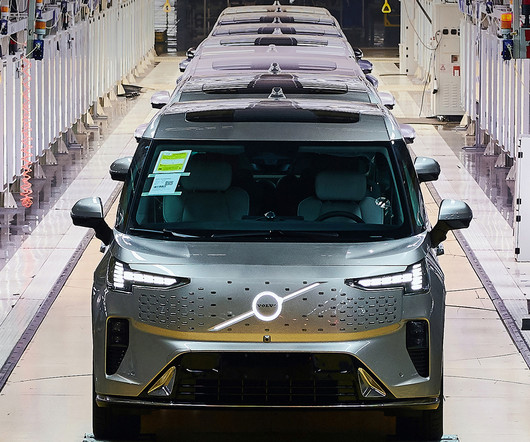
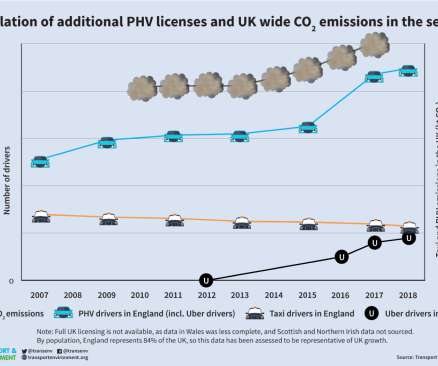
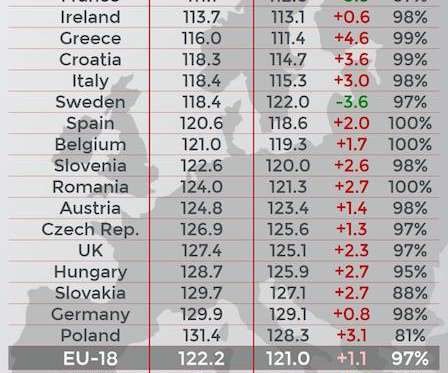





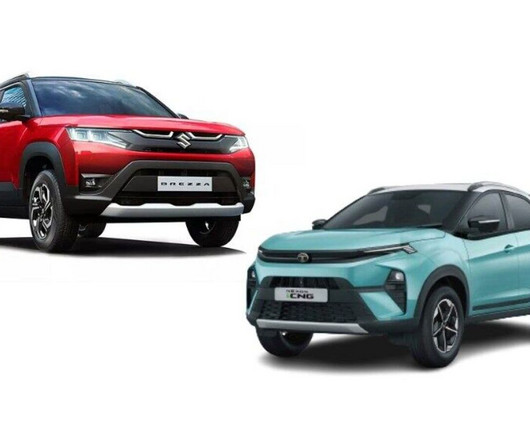



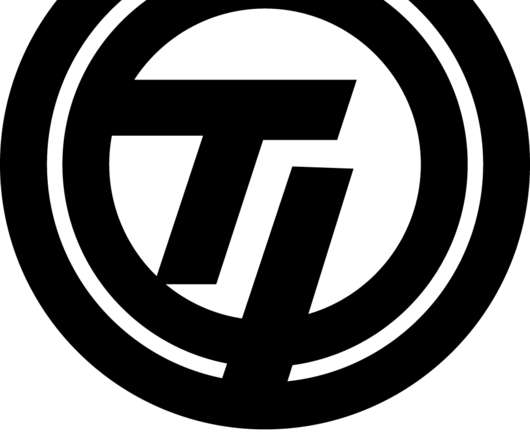
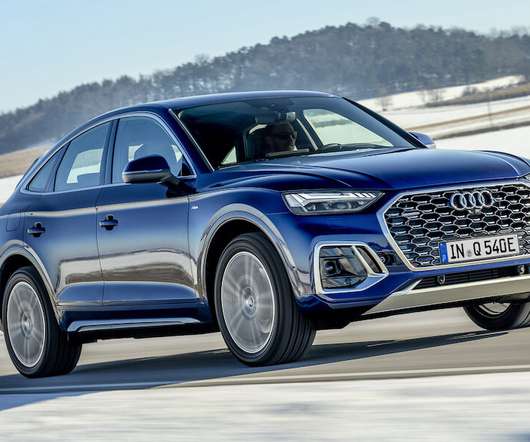


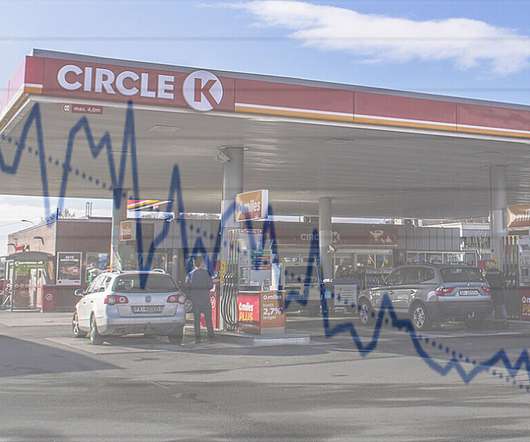

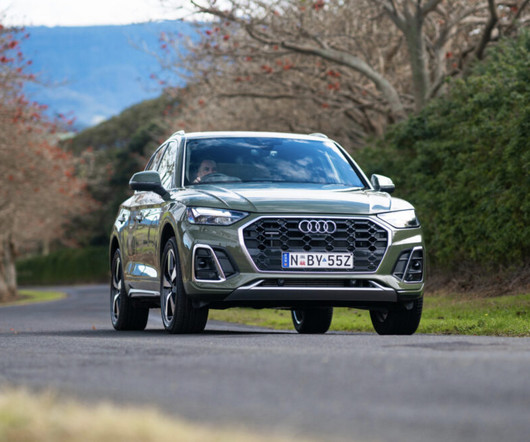



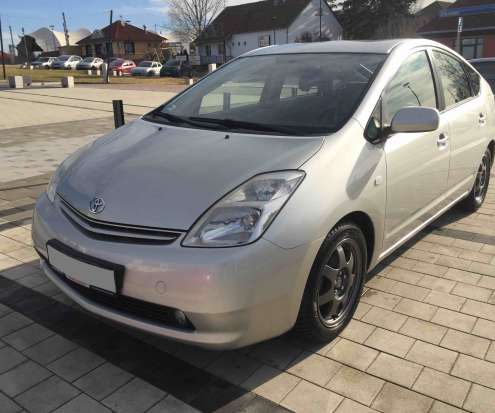





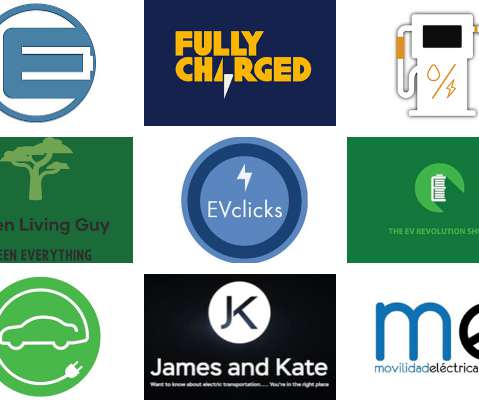







Let's personalize your content